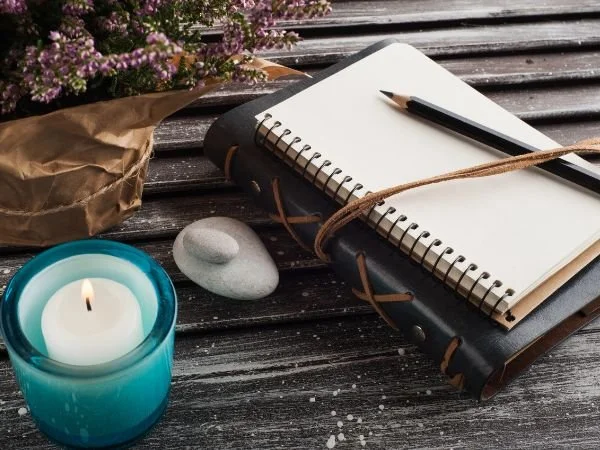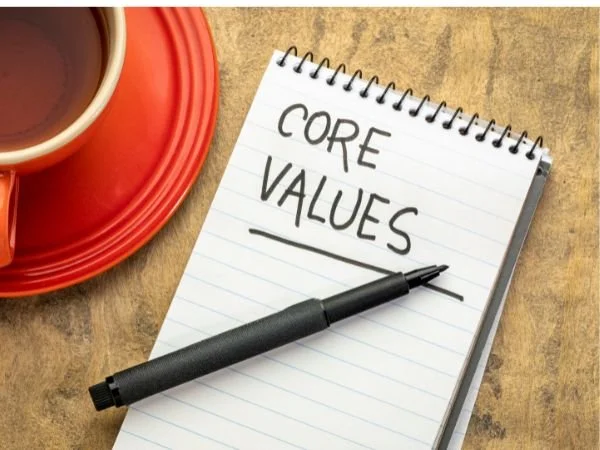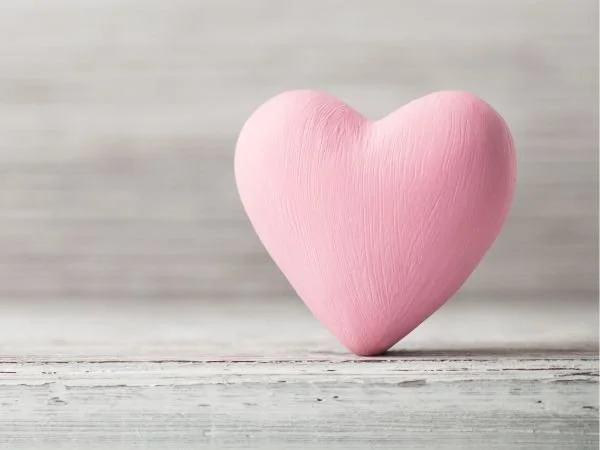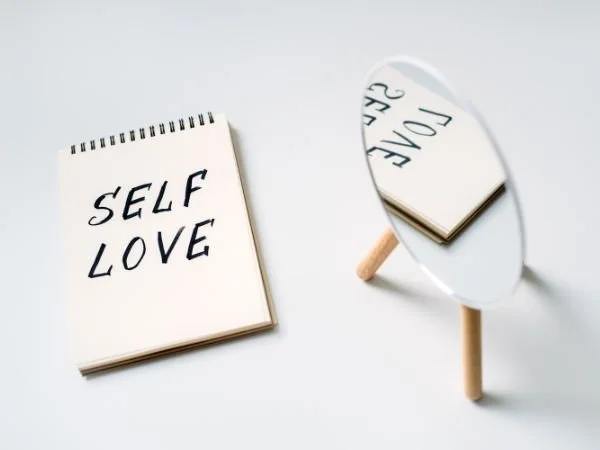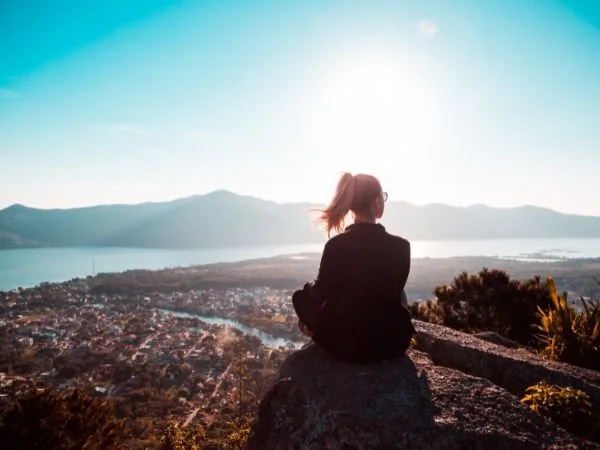Am I Overly Identifying with Being a Rape Survivor?
I am a rape survivor. This is something I say proudly these days. Proud? Yes. Why? Because for a long time I could not even utter the word rape, and now I can speak the truth of the worst things I have survived.
So, recently I found myself incredibly triggered when I was reading a book where the author implied that by stating “I am a rape survivor” it means that I am overly identifying with this experience, and that I would be better off not identifying with it at all and letting it go. She seemed to believe I’d be free if I let it go.
This irked me.
But, I’ve been on my healing journey long enough to know that triggers can be a good thing, so I decided to explore the question – Am I overly identifying with being a rape survivor?
Interestingly enough, I found myself a year ago, asking a similar question. Did I still want to talk about rape on the internet? Or did I want to let this chapter of my life go?
During this time, I was navigating an identity crisis. I was at a new point in my life where after years of feeling consumed by my trauma, I was no longer navigating PTSD flashbacks, daily emotional distress, and debilitating self-doubt. Like Dorothy and her band of misfits, I felt that I had made it to the Land of Oz. When I arrived in this place of no more unwarranted flashbacks, I thought this is it, I made it to the Promise Land! But soon began to see that the other side of this “unspeakable” trauma was not all glitz and glamor, just like the Wizard of Oz.
So, reading that I was overly identifying with what the author called “an injury” left me feeling invalidated. Because it’s not one injury it is an experience with one thousand injuries. It is like death by a thousand cuts, except instead of cuts it’s stab wounds and everyone around you says – oh stop it’s not that bad!
This book reminded me of many interactions I had as I navigated my identity crisis. People did not understand the journey I went on. Instead, I kept hearing narratives of how I was an exception / anomaly, there is no such thing as healing, it must have not been bad if I’m okay now, and can’t you just move on?
Oh, how I tried to let it go. I really did. I picked up new hobbies, I searched for corporate jobs, I thought about returning to LA to act, I tried writing a children’s novel, but I just couldn’t move on. I couldn’t shake how this journey of healing from rape had changed me so profoundly, and no one seemed to care or notice. No one wanted to listen. People like the author of the book, thought I should move on and let it go.
But, as I explored new identities, I time and time again came back to the reality that I wasn’t ready to let it go. I wasn’t done speaking about rape. I still had things to say. To this day, I haven’t quite figured out the nuances of the journey. So, I’m just not done identifying with it. And that is okay.
I’ve found purpose and power through the statement – I am a rape survivor. This isn’t something that leaves me feeling like a victim, it’s a reminder of all I have survived. Just like we honor veterans, I believe survivors of all violence who find their way home to themselves should be honored not shamed.
Also, I find that when I speak this statement with no shame or doubt, people lean in when I speak. They don’t look at me like I’m weak, they look at me with intrigue. I like that. It leaves me feeling powerful. Would the author call this the wrong kind of power? I don’t know, but I know it’s better for me right now, then letting it go.
Why does it feel powerful? Because truth is power. And every time I speak my truth, I am empowering myself. The author implied that I’m not free if I hold onto this. Maybe that’s true. But, I sure as hell aint free if I try to gloss over it, and until I feel done with this, I am not letting this go. Letting go is what my perpetrators have done and that just doesn’t sit right with me. Is it my job to hold onto this because they don’t? No. But for the teenage girl who was pinned down by a bunch of popular, affluent, and entitled boys she went to school with, we’re going to keep talking about it because we find it empowering after a lifetime of being silenced. You can call me vindictive, but until you survive what I survived I invite you not pass judgement and instead just listen. A novel concept in 2025.
Also, I want to be clear that I don’t think every survivor needs to identify as a rape survivor. It is an individual choice and journey, but I don’t appreciate people telling me I’m weak because I still identify with it. Truthfully, I wish more people who survived rape identified as being rape survivors. I feel safe in rooms with people who identify as survivors of rape. I feel safe with people who admit that this trauma deeply impacted them and is still a problem in the world we live in. Not all survivors need to identify as a rape survivor, but I sure am thankful for the ones who do.
Because if it wasn’t clear already, being a rape survivor means I’ve been to hell and lived to tell the tale. It means that I’ve grappled with monsters that others refuse to admit still exist. It means that I see the world clearly without the rose-colored glasses others wear. Wearing the badge of rape survivor, let’s people know that I’m willing to say uncomfortable things (like the word rape) and if you’re uncomfortable with that, keep moving.
Maybe one day I’ll be done with the label of rape survivor. Truthfully, I hope that’s the case. I hope one day I have another identity crisis and get to be a new character in the game of life. But, for now, I proudly say I’m a rape survivor. And to the author who implied that this makes me weak, well you obviously don’t know me.

